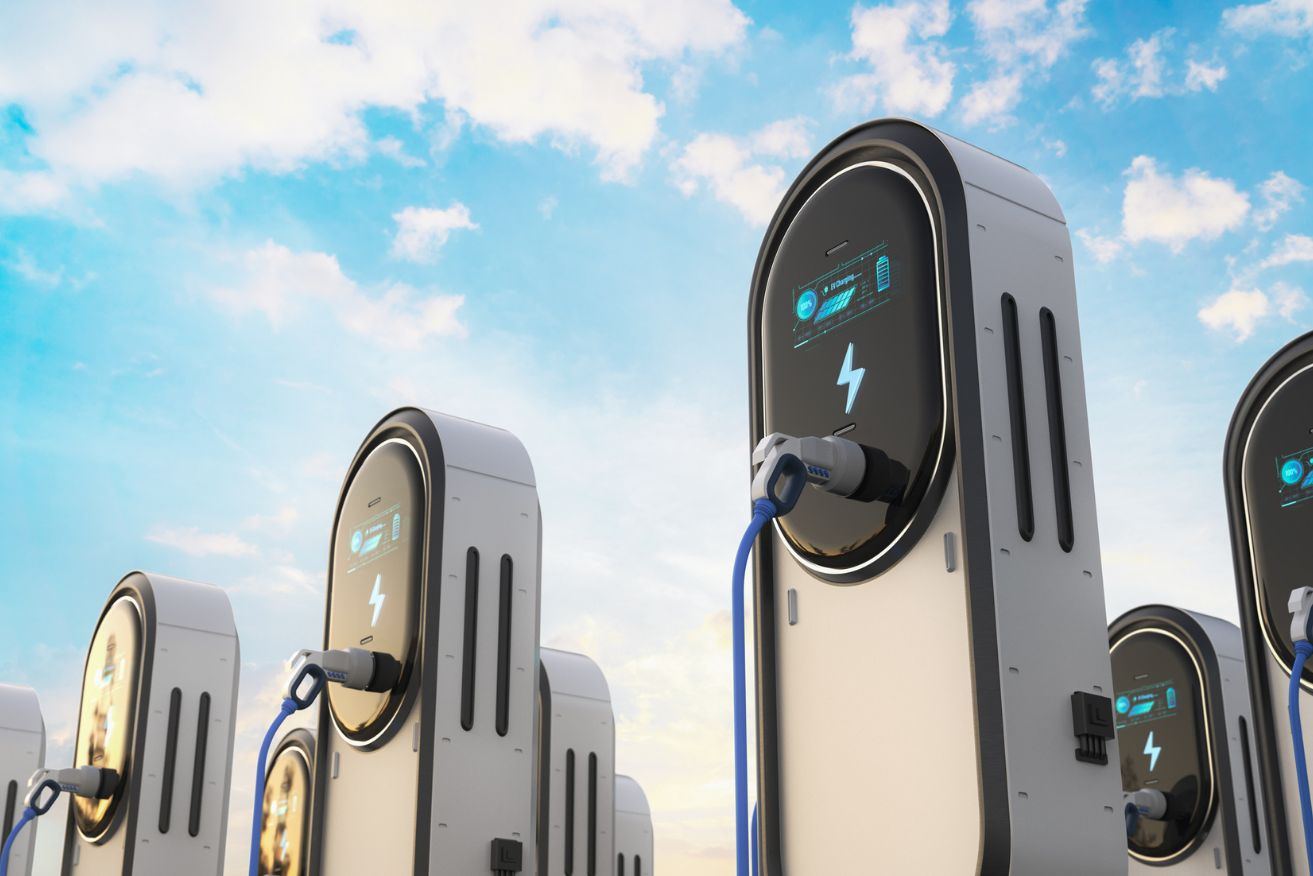Beware the vested interests of fuelling the automotive status quo


Australia is rapidly falling behind, writes Kylea Tink. Photo: Getty
It has been almost five years since Australians were warned that EVs would “end the weekend”, but – surprise, surprise – electric car sales are up and family road trips are still going strong.
Frustratingly, we’re now facing a similar propaganda campaign against the government’s proposed fuel efficiency standards.
Fuel efficiency standards are an opportunity to shake up Australia’s new car market by incentivising manufacturers to sell vehicles that are cleaner and cheaper to run.
Old favourites, including utes and SUVs, will continue to be sold.
Car makers are simply asked to ensure that the average emissions produced by their new car fleet as a whole does not exceed government targets.
Make no mistake: This is good news for consumers, who will benefit from being able to choose from wider range of vehicles, including new models that use less fuel to travel the same distance and are therefore cheaper to run.
Among certain industry sectors, there are some who are resisting the change by spreading fear and misinformation.
But those fighting the proposed standards are fighting for their own profit margins, and not for Australian drivers.
The reality is, fuel efficiency standards exist in every advanced economy in the world except Russia and Australia.
Their introduction here is long overdue and will shake up the status quo, making room for better models of cars that are already available overseas.
Tried, tested and long overdue
My community of North Sydney has been pushing for the introduction of fuel efficiency standards for some time.
In November 2022, I introduced a private members bill seeking to update both fuel quality and vehicle emissions standards in Australia.
Although my bill ultimately did not get through the lower house, it gave me the opportunity to speak with industry experts, car makers, and international policy experts and develop a better understanding of the discussions that have been taking place behind the scenes.
The Albanese government has now proposed three options for a fuel efficiency standard. All three are expected to deliver economic benefits, although gains will be negligible under the highly conservative option A.
The government’s preferred option, option B, is a reasonable one. It sets increasingly ambitious emissions targets over the next five years, eventually catching up to the US by 2028.
Under this proposal, Australia will achieve a 61 per cent reduction in average new car emissions and deliver about $108 billion in fuel savings from 2024 to 2029.
By 2028, the average new car buyer could be spending $1000 less on fuel per year than motorists today, under the government’s preferred plan.
Savings will be greatest for drivers in rural and regional areas, who will be able to cover greater distances without needing to refuel.
The more ambitious option C is certainly worth considering. This is an opportunity for Australia to finally take the lead by catching up to US targets within the next three years, and going on to achieve a 77 per cent reduction in average new car emissions by 2029.
The cost of lies
Fuel efficiency standards work – there is clear evidence of this overseas.
In the United Kingdom, where standards have been in play since 2009, new cars use about half the fuel of those in Australia on average.
Recent Climate Council analysis shows that car makers sell better versions of otherwise identical cars in markets that require it.
The British version of the Volkswagen Golf Lite, for example, uses only two-thirds the fuel of the Australian version to travel the same distance, while the British version of the Isuzu D-Max ute delivers fuel savings of about 20 per cent.
In truth, both sides of politics know this.
For those in Parliament, the question has never been if Australia should have fuel efficiency standards. It’s more about when the standards can realistically come into play, and importantly, by whom they are introduced.
As a nation, we’ve already tried and failed to have fuel standards introduced by the Gillard government in 2010, the Greens in 2014, and the Turnbull government in 2016.
Decades of misinformation and stagnation have cost our economy billions.
If Australians had access to the cars being sold in Europe today, the average motorist would be saving more than $700 a year on fuel, according to the Climate Council – lessening some of the pain of the cost-of-living crisis.
In the words of former Volkswagen Australia head Michael Bartsch, we now find ourselves in an “automotive third world”. We deserve better.
It’s past time for Australia to clean up our transport, clean up our air, and clean up the lies that have stood in the way of progress for far too long.
Strong and ambitious fuel efficiency standards are just the first step. I’m looking forward to developing these further with my colleagues in Canberra in the weeks to come.
Kylea Tink MP is the independent member for the federal seat of North Sydney








